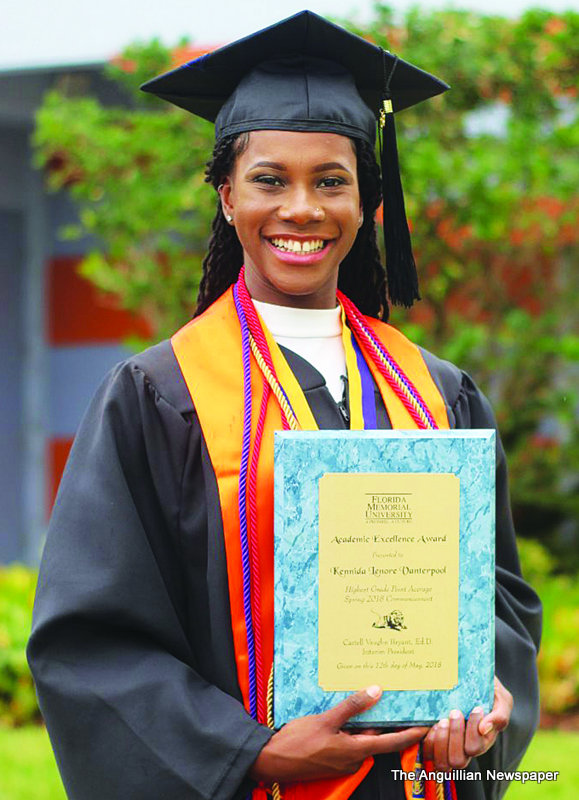On 22 April 2018, which was also Earth Day, the Anguilla Hotel and Tourism Association (AHTA) and the Anguilla National Trust (ANT) launched a new national campaign which aims to address one of the world’s most pervasive problems: plastic pollution.
Plastics was invented in 1907 and was used almost entirely by the military until the 1950s, when manufacturers began producing it at a larger scale. Plastics became a miracle product. It’s been used for everything from storage, to packaging, to clothing, to furniture, to plane and car parts. In less than 70 years, plastic has become so pervasive and so ingrained into how we live, we couldn’t imagine a world without it. Plastics have become a wonder material. They can be molded into almost anything we want or could dream of.
But there is a flip side to plastics. Because they are petroleum-based, they are unable to biodegrade through photo degradation processes, though, plastics do breakdown over tens to hundreds of years into smaller and smaller pieces, sometimes down to the molecular level. These tiny pieces remain forever as plastic. They cannot be absorbed into or changed by natural processes. As plastic fragments, toxic chemicals, including biphenyl A (BPA) and PS oligomer, are released into and remain in the environment, often being ingested by animals starting at the bottom of the food chain and moving all the way up to the top predators including humans.
The amount of plastics that we have created and been using is staggering. According to an article by the BBC, 8.3 billion metric tons of non-recycled plastic has been produced since it was first invented. This plastic has created 6.3 billion metric tons of plastic waste. Nine percent of that waste has been recycled while 12% has been incinerated. The remaining 79% lies in landfills and in the natural environment. By 2050, 12 billion metric tons of more plastic will enter either the landfills or the environment if current production and waste management trends continue. Most of this plastic that is being produced is for packaging, including Styrofoam containers.
The situation in Anguilla is similar to that of the rest of the world. Household waste production has increased over the last fifteen years. In 2001, according to the Statistics Department (2016), total household waste (which includes plastic waste) generated by a Anguilla’s residents and visitors was almost 5,635 metric tons. By 2014, household (and tourist-generated) waste deposited into the landfill was almost 10,426. As Anguilla is an end consumer where almost all waste generated on the island essentially stays on the island and as there are no centralised recycling facilities, it is estimated (based on global averages) that, at a minimum (and it is probably higher), between 20 and 25% of all household waste deposited in the Corito landfill is plastics.
So what is the world and Anguilla doing about this? Over the last few years, cities and countries across the world have been taking pronounced and active steps to reduce the amount of plastic waste generated and deposited into landfills. In the Caribbean alone, the Bahamas, Antigua and Barbuda, Guyana, and Puerto Rico have banned the use of single-use (disposable) plastic (grocery) bags. In late 2015, Guyana announced that polystyrene (Styrofoam) containers would also be banned by March 2016. Haiti, the 20th poorest country in the world and the poorest in the Caribbean, has made two attempts to do the same. Across the world, 39 countries have banned plastic bag usage. It’s Anguilla’s turn now.
The AHTA and the ANT are pleased to be working with the Government of Anguilla to take steps to eliminate single use plastics on the island, replacing them with more sustainable biodegradable options that are less harmful to the environment and us. We are also encouraged to learn that this message is also being spread by the younger generation. Less than two weeks after Earth Day 2018, the students of Omololu International School hosted His Excellency Tim Foy, Governor of Anguilla, and his wife, Dr. Dina Foy, and shared a petition calling for the end of Styrofoam packaging and straws. It is clear that if we work together, we can make a difference.
Thanks to you, the Anguillian Community and all businesses, for understanding the importance of this imitative and we appreciate your support in ensuring this becomes a reality for our beautiful island.








